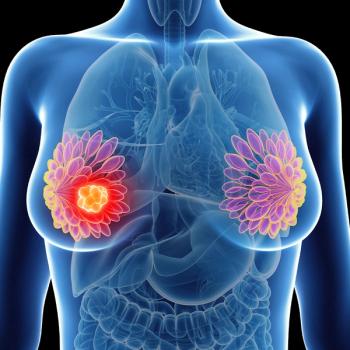
Paolo Tarantino, MD, PhD, discusses ADC structure, toxicity, and nursing consideration for the treatment of patients with breast cancer.

Paolo Tarantino, MD, PhD, discusses ADC structure, toxicity, and nursing consideration for the treatment of patients with breast cancer.

Hope S. Rugo, MD, FASCO, outlined the top considerations for nurses managing toxicities related to PI3K and AKT inhibitors in patients with breast cancer.

Hope S. Rugo, MD, FASCO, emphasized the importance of educating patients about proactive rash and diarrhea management while taking PI3K/AKT inhibitors.

Paolo Tarantino, MD, PhD, explains that the chemotherapy-related toxicities from an ADC are more likely to limit dosage for patients with cancer.

Each component of an antibody-drug conjugates—payload, linker, and antibody—play a unique role in building the treatment’s use and safety profile.

If patients with breast cancer have hyperglycemia or symptoms of it at home, a short break from capivasertib may be required, according to Hope Rugo, MD.

New therapies in breast cancer, particularly ADCs, present unique safety profiles for nurses to be aware of, according to Erika Hamilton, MD.

At the international congress on the Future of Breast Cancer West, Hope S. Rugo highlighted the predictive value of residual cancer burden scoring in ongoing research efforts to tailor triple-negative breast cancer treatments.

Aditya Bardia, MD, MPH, discusses ongoing research with oral SERDs, such as elacestrant, and highlights what these agents could represent for patients with estrogen receptor–positive breast cancer.